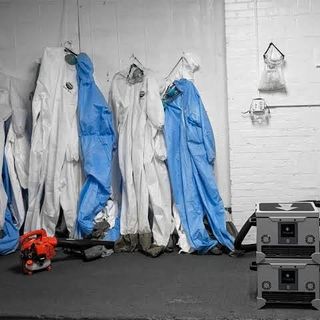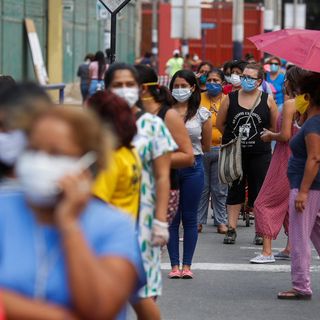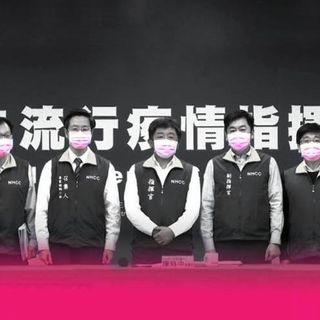Since the Covid19 pandemic began, people across the world have been hell-bent on finding out who is responsible for the coronavirus outbreak. As Wuhan, China emerged as the epicenter of the pandemic, people started calling Covid19 the “Chinese virus” or the “Wuhan virus.” Conspiracy theories surfaced that blamed the United States for being the original source. A few months into the pandemic, the coronavirus has spread throughout the world, wreaking havoc on healthcare systems. And everyone is still obsessed with where it all started.
Why?
We need someone to blame. Humans are wired to detect intention in any action, from someone helping a child cross the street to someone committing a murder, according to a Duke University paper published in the journal Scientific Reports. People are more likely to consider an action that has a negative outcome as intentional, and one that has a positive outcome as unintentional, Duke researchers found. Using functional MRIs, researchers assessed what parts of the brain people used to react to negative versus positive news. If a participant reacted negatively to an action, researchers found the person was drawing on the part of their brain that processes emotions, especially the amygdala known to process negative emotions. If a participant reacted positively to an action, researchers found they didn’t use their amygdala as much, concluding positive reactions were based more on logic and data, than on emotions.
Extrapolating Duke’s research on intent, the researchers’ conclusions can be seen reflected in the way conspiracy theories regarding the coronavirus pandemic evolved. As the pandemic spread and claimed more lives, people started suspecting whether the coronavirus was born in a laboratory in Wuhan, or whether it was a bioweapon designed to obliterate China’s enemies. While these theories don’t hold any water, their popularity signals to the intentions people started attributing to China when met with bad news regarding the pandemic.
It’s also easier to blame others than come to terms with one’s own faults, another practice humans often engage in to bolster, or at least maintain, their self-image and avoid disapproval from others, according to research published in the journal PLoS One. “In part, people are reluctant to admit they have failed because of a general desire to avoid negative social evaluation and disapproval from others,” the paper states. “Thus, to save face when things go wrong, people will sometimes shift blame away from themselves by bringing attention to external causes.”
The Covid19 pandemic has revealed many governments to be inadequate in handling an outbreak of this scale. It has also highlighted structural class inequalities that has rendered the most marginalized groups in society extremely vulnerable to harm. It’s easier, then, to blame China for the origin of the outbreak, rather than grapple with the institutional faults that let the Covid19 pandemic exacerbate, and leave millions poorer, without healthcare, food or shelter. Shifting blame alleviates the mental labor required to recognize one’s own part, however infinitesimal, in a tragedy of this size, a practice that has become widespread during these times.
Another study published in the Journal of Experimental Social Psychology shows how this individual trait can become societal. Researchers Nathanael J. Fast and Larissa Z. Tiedens show that blame is socially contagious — “observing an individual make a blame attribution increased the likelihood that people would make subsequent blame attributions for their own,” they write. The “blame contagion” expands individual self-image goals to a community’s self-image goals, as seen in the anti-Muslim rhetoric that has sprung up since the Tablighi Jamaat event that was used to blame Muslims for the spread of the coronavirus in India. The same can extend to nationalistic pride that pits countries against one another — in this case, firmly rooting the blame onto China once again.
Now that the coronavirus has taken over the entire world, we’d be better off trying to engage with issues — religious, and related to class, gender and health — in our surroundings, than engage in the essentially futile practice of trying to ascertain whose fault the outbreak was. Here’s an answer: it’s everyone’s fault. Now let’s move on.




